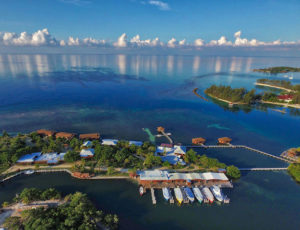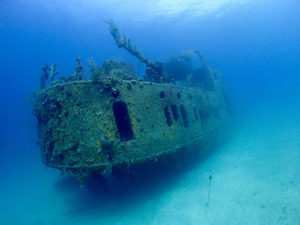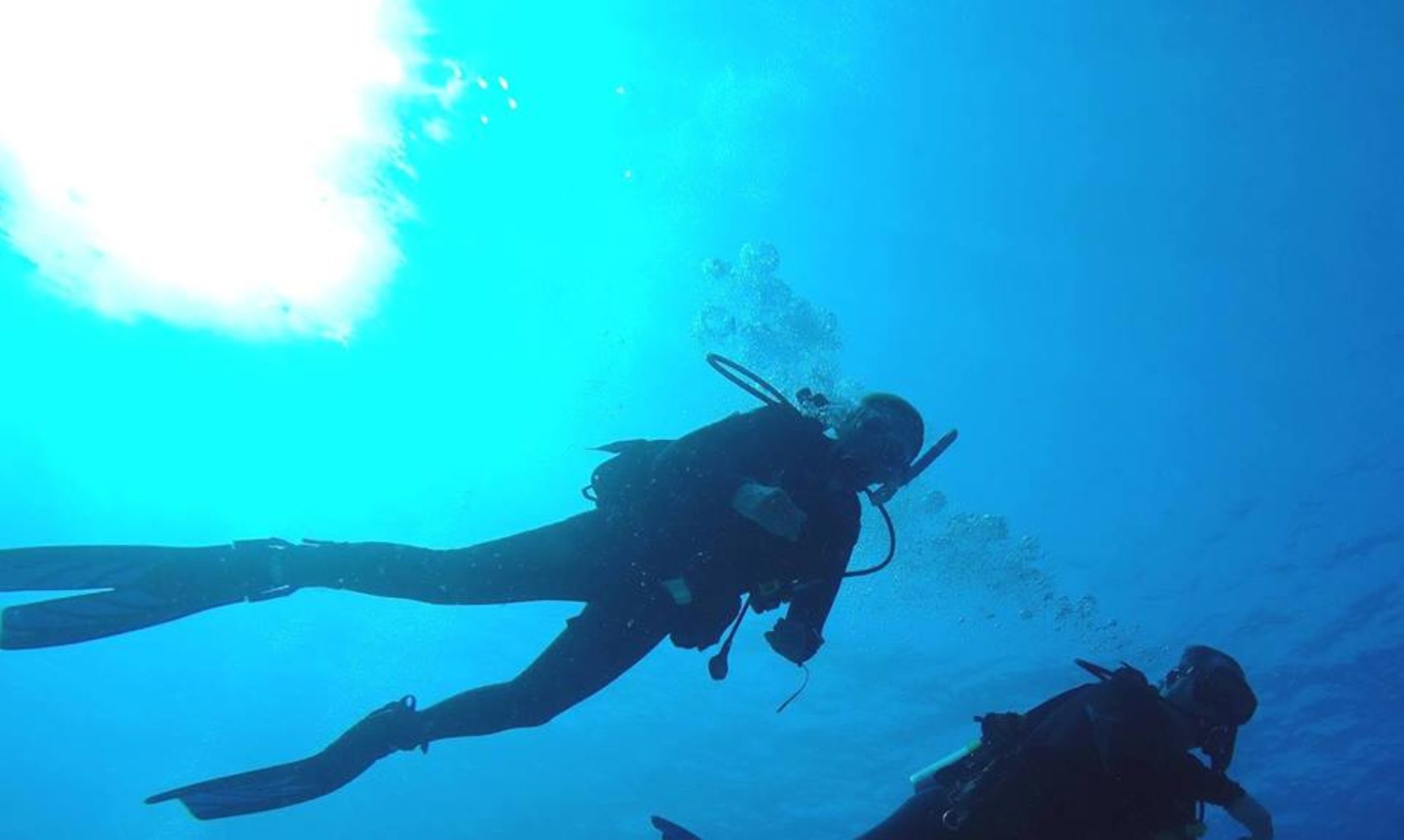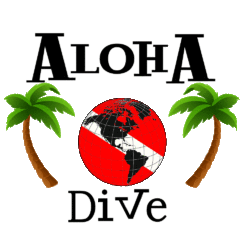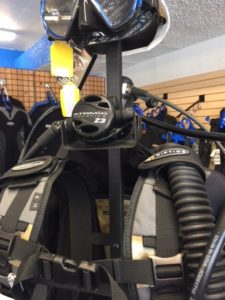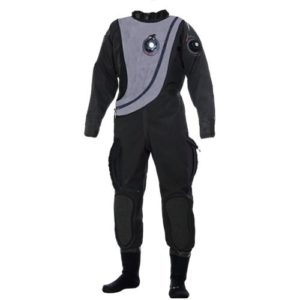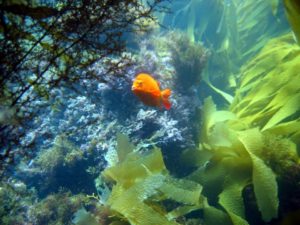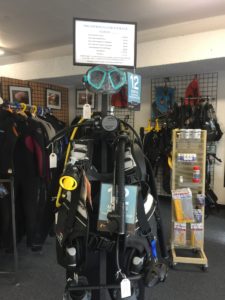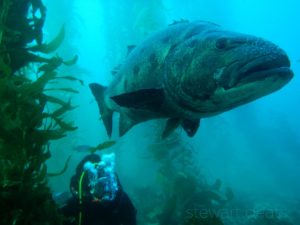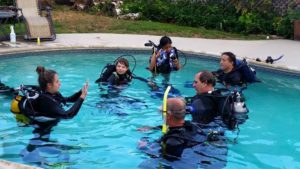
Scuba diving is a wonderful sport. With today’s equipment and training scuba diving is extremely safe, but is this really true? Yes, the equipment is great and helps us be safe but is all training equal?
The first time I wanted to get certified the instructor I chose spent the time with me and one other student in classroom and pool training. When it came to the open water portion, I was with a group of 6 students and at the beach. I was the only female and by far the smallest of the group. My instructor told me I had to keep up and not hold the rest of the group back. Unfortunately, I lost my mask in the first attempt. Second attempt was no better, I lost one of my fins. This “instructor” informed me that I did not have what it took to be certified.
My second attempt at certification was a few years ago. I paid for my classroom and pool sessions. This time there were three of us in class. We met at the boat Saturday morning but low and behold there were 5 other students on the boat. This time I had trouble with not having enough weight and having trouble getting down and staying down. The instructor brought me back to the surface and yelled at me to get back on the boat, he could not give me personalized attention with so many other students. He informed me that he would address my weight issue before the second dive and I would have to pay for another boat trip. Needless to say I did not get certified and decided that maybe scuba diving was not for me.
About 16 months ago I won an all-expense paid vacation to Maui, HI. As a water baby, people told me I that that the diving on Maui was fabulous and that I really did need to dive with the turtles. I decided to try again but this time I “interviewed” a number of shops. I asked questions; how many students in a class and how many in the ocean? What would happen if I had trouble with a portion of the training? Would I get the extra attention or time needed? Was there beach diving involved or was it all boat? And what was the complete cost and what exactly was covered? Were there any extra “hidden” costs?
After speaking to a number of shops I made the decision to try again with ALOHA DIVE. Training was done on my schedule, not a set rigid schedule. This was important to me as I work long hours and sometimes work later than planned, or on weekends, if a client needs me.
My boat trips were small groups of 3 students with plenty of individual attention. The cost was no more than the three other shops that told me the class would consist of myself and 5 to 7 other students and had to be completed in two consecutive weekends. Let me restate that…individual attention vs being one of many, flexibility in schedule, same cost. It was a no brainer. Needless to say, the experience was wonderful and I am close to 100 dives on record.
The difference between the training I received and the other shops is best compared by the following incident. A few months ago I was out diving at Casino Point on Catalina. I was with my instructor and another student who was doing his rescue training. This student had been a lifeguard a few years ago and is able to recognize a panicky person in the ocean. The three of us did our first dive and were spending some time waiting to get back in again when a class showed up from another dive shop. The instructor had 8 students with him doing their first open water dive. We sat and watched while they went out and started to drop down. One of the students panicked and was at the surface struggling. The instructor came up (and I would guess he violated protocol by leaving divers down below because I don’t believe he had any help with him) and told her to swim back to the steps and get out of the water. He stated he had to go back down to attend to the students he left below. The girl was extremely upset and very frightened. The rescue student that was with us went out and helped her in. Again, as a lifeguard he recognized the signs of a panicky person in the water. He spent the time reassuring her that she was ok and safe. Needless to say this gal stated that she was done and did not want to try again. Boy did I understand that she had a bad experience and did not want to try again, déjà vu.
Today people are looking for the most bang for their buck. I get it. Money doesn’t grow on trees. Most of us look for the best buy we can find, but is the best buy always the best? Probably not.
I was recently talking to an acquaintance of mine who decided to look into the cost of open water certification. She started to call around to find out what the dive shops were charging in her area and discovered one store that advertised online that the cost was only $389. I told her to ask about additional costs and when she did she found out that she needed to purchase her personal snorkeling package from them…to the tune of $300 – $500! She also found out that the trips to Catalina were not on a dive boat, but on the Express…so food and parking was extra. Another store was only $299 but it is only beach dives and you need to buy your gear from them, again over $300. Both store have large classes and are very rigid in their training schedule. Both stores have instructors that have varying levels of experience teaching, some are very new and some are seasoned instructors.
This acquaintance asked me where I received my certification and of course, I told her about ALOHA DIVE and my experience. No more expensive (as a matter of fact their all-inclusive package is less money) and she will get individual, flexible training with a dive professional who has been diving for over 43 years. He knows what he is doing and gives the very best in training. All agencies have basically the same standards. You must pass all of your skills and have a minimum number of dives. I guess my question is, do you get the same level of training when you are in a class of 8 with one instructor as when you are in a class of 2 or 3 with an instructor? My answer is no. Yes, the same skills but not the same level of training. I have taught and I know that in a classroom of 15 – 30 students someone is always behind or slower than the rest of the group. Can they do the minimum to get by, sure. But, how does that same student do in an individual or small training class? With more personal attention the student does do better.
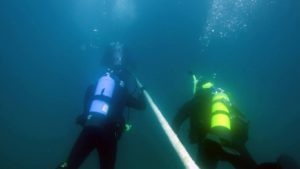
My opinion is that with the personalized training and the attention I was given, I know I am a much better and safer diver than the person who was taught in a class of 8 with only 1 instructor. As a better and safer diver my chances of injury are greatly reduced.
My recommendation is, buyer beware and be educated. Find out what your training will cost and how personalized it will be. Never, NEVER forgo your safety & life to save a dollar. Buy from the best and be sure you know who you are buying from!
